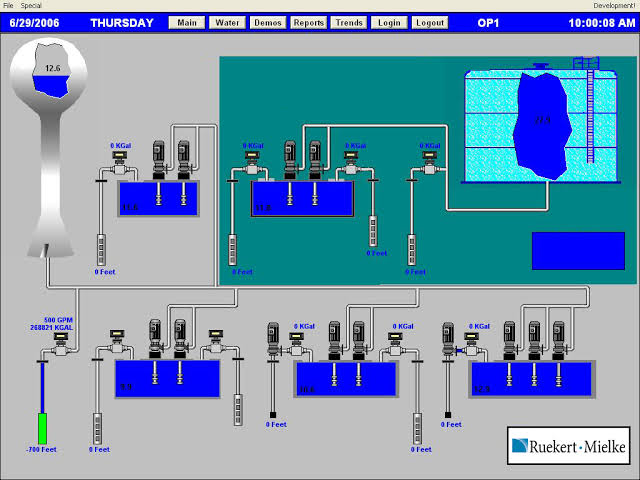
SCADA (Supervisory Control and Data Acquisition) is a powerful technology used in industries to monitor, control, and manage various processes, equipment, and systems. It enables real-time data collection, visualization, and remote control of operations, allowing organizations to make informed decisions, improve efficiency, and ensure safety across complex and interconnected systems
A PLC (Programmable Logic Controller) is a versatile industrial computing device used to automate and control manufacturing processes, machinery, and systems. It operates by executing custom-designed programs that manage inputs, outputs, and logic functions. PLCs are essential in streamlining operations, enhancing precision, and ensuring reliability in industries ranging from manufacturing to energy.
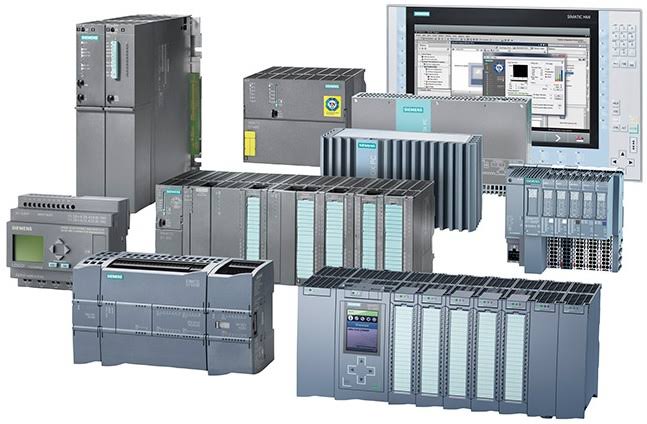
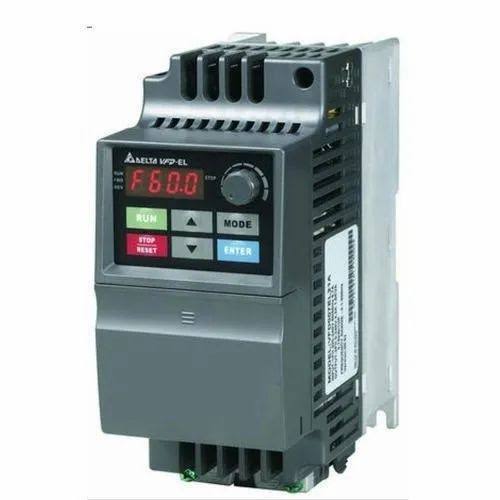
AC drives, also known as variable frequency drives (VFDs), are electronic devices used to control the speed and torque of electric motors by adjusting the frequency and voltage of the alternating current (AC) power supplied to the motor. They enable energy-efficient and precise control of motor-driven systems, resulting in optimized performance, reduced energy consumption, and extended equipment lifespan across various applications, from industrial machinery to HVAC systems.
HMI (Human Machine Interface) is a user-friendly technology that facilitates interaction between humans and machines, typically in industrial settings. It presents information and allows users to control and monitor processes through graphical interfaces, touchscreens, and intuitive controls. HMIs enhance operational efficiency by providing real-time data visualization, system status updates, and the ability to make adjustments, making complex systems more manageable and accessible.
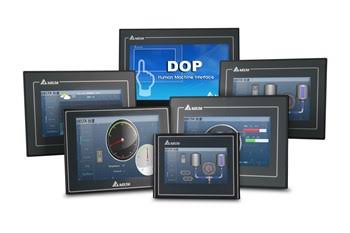
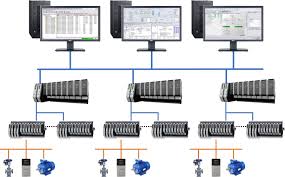
A DCS (Distributed Control System) is a specialized technology used in industries to centrally monitor and control complex processes and systems across multiple locations or areas. Unlike traditional control systems, DCS decentralizes control functions while maintaining communication between various components. It enhances operational efficiency, data collection, and real-time decision-making, making it a crucial tool in industries such as manufacturing, energy, and chemical processing.
Electrical wiring refers to the network of conductors, cables, and components used to carry and distribute electrical power within buildings, structures, and equipment. It involves the systematic arrangement and connection of wires to safely transmit electricity for various purposes, including lighting, appliances, machinery, and communication systems. Proper electrical wiring ensures safety, efficiency, and compliance with electrical codes and standards.
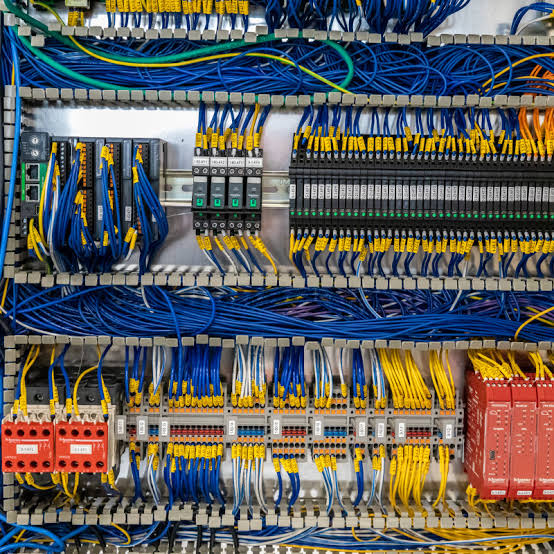
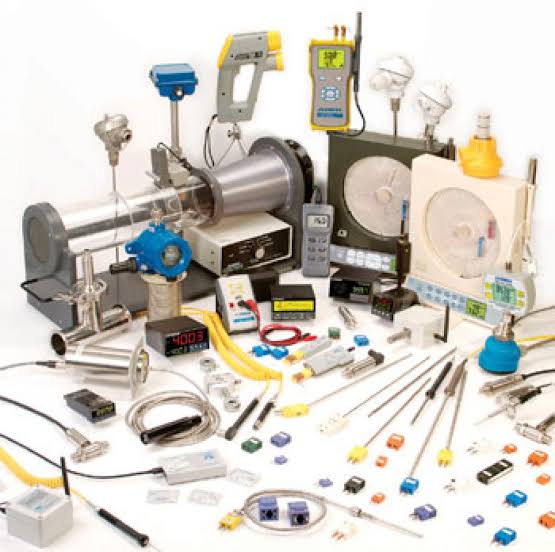
Transmitters, telemetry systems and recorders are integral part of field instrumenta- tion. A permanent record of a physical quantity is very often required for observa- tion of the behavior of the plant process or equipment depending upon which, a decision may be taken whether to control that variable or not. It is also important that the process (field) parameters are transmitted error-free to the central control room with the help of proper telemetry systems. In this chapter, various types of transmitters, telemetry systems and recorders have been described in detail.